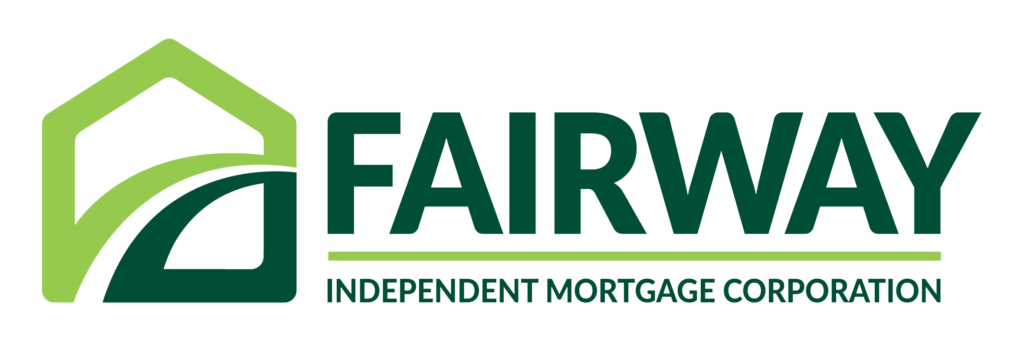4 Ways to Prep for Your Smooth Retirement

Do you see that beautiful shimmer just over the horizon? That ray of sunshine glowing over your accomplished career. Whether you are ready to bask in the light or are few years from retirement — having a retirement game plan is the best way to go.
It shouldn’t feel like a race. It’s about getting your financial priorities in order, so you can enjoy the next chapter in your amazing life. Something to look forward to.
As of 2022, the average age to retire hovers right around 67 years of age. Regardless of what age you decide to call it quits in the labor force, it’s to your advantage to find the time to plan ahead. After all, you want retirement to be the smoothest and (more importantly) happiest stage of your life. With that, let’s look at how you can ride off into the sunset of retirement by planning for it accordingly.
1. Make a Checklist of Your Assets
Before you can create the ultimate game plan, you must first figure out where you are financially. Evaluate your current budget. Jot down every debt, liability, savings, income stream, and insurance policy you have. Let’s not forget about other valuable possessions like properties and vehicles. (They could affect your bottom line.)
The best way to manage your checklist? Create a worksheet that you can adjust regularly. This way, you have access to your current financial situation and can plan how you see fit.
As you keep tabs on your checklist, keep in mind that you won’t be getting a paycheck once you retire. Many experts say your retirement income should be about 80% of your final pre-retirement annual income. Meaning — if you make roughly $100,000 a year (at retirement), you’ll need at least $80,000 per year to sustain the same lifestyle once you leave the workforce.
2. Look Over Your Investment Strategy
As you move closer toward the golden years, it’s a good idea to take another look at how you’re managing your financial assets. Building up a strong savings to fund a comfortable retirement is one of the main reasons people invest. Now it’s just about finding the right balance between investment risk and return, as your focus will likely switch to decumulation strategies — turning accumulated assets into retirement income.
Building a retirement investment strategy should begin with a realistic look at what you'd like your retirement to be like and what that lifestyle will likely cost. There’s no one-size-fits-all investment plan. Likewise, there's no one-size-fits-all retirement portfolio. It will feel like somewhat of a balancing act between your emotional as well as financial life.
That said, there are few things we recommend you look at when building out your investment strategy.
Growth Potential
Inflation is a bummer. What’s the best way to curb it? Work towards an investment and interest-bearing savings strategy that outpaces the inflation rate. That said, it’s often suggested to keep a balanced need for growth — you don’t want to take the risk of exposing all of your retirement savings to wild market fluctuations.
Guaranteed Income
If you aren’t new to the investment game, you know returns fluctuate —often quite a bit. To keep up a steady cash flow and help you cover all your essential expenses, you may consider a combination of options like income annuities, fixed-income investments (like Treasury bonds and Certificates of Deposit), or a reverse mortgage with a fixed monthly tenure payment.
Jump to the next section to learn more about the power of a reverse mortgage!
At the end of the day, every investment strategy is unique. No portfolios of assets will be identical. However, what every person that plans to have a smooth transition into retirement should have in common, is a strategy to curb the effects of inflation on their spending power.
As you build out your investment strategy here are a couple more things to consider:
- For a winning strategy, it’s best to speak to a financial advisor; they’ll help identify your financial needs and come up with a specific plan.
- It’d be best to do some homework and stay up to date on the current market. (You’d be surprised how much a little light reading can help you pinpoint potential investment opportunities.)
3.) Have you Considered a Reverse Mortgage Loan Option?
If you are 62 years of age (or older) and have paid off your home or only have a small mortgage remaining, a reverse mortgage may be a fantastic option to pay for some of your retirement expenses. A reverse mortgage allows you to borrow against the equity you’ve built up in your home. This is great because it cannot only supplement your cash flow, but you can stay in your current home as long you comply with the terms of the loan. It’s a win-win.
How Does a Reverse Mortgage Work?
A reverse mortgage works a little differently than a traditional mortgage. Through a traditional mortgage, you make payments each month to a lender. However, on a reverse, the lender makes payments to you! The exact amount of equity you can access will be based on several factors, including the age of the youngest borrower (or non-borrowing spouse), the current interest rate, and the value of your home up to the FHA lending limit.
The loan allows you to convert a percentage of your home equity into cash, fixed monthly advances, or a growing line of credit. You can then defer repayment of the loan balance as long as you live in the home and pay the property-related taxes, insurance, and upkeep expenses.
There are three common types of reverse mortgage loans:
To see learn more about what you could qualify for, check out our free reverse mortgage calculator - no personal information is required.
4.) Think About How You Will Spend Your Time
It’s your time now! How will you spend it?
Retiring from the workforce is your chance to not only reconnect with your greatest passions but maybe discover some new ones as well. The beauty of retirement is that you now have the time to try new experiences, develop new skills, and dedicate more time to the people and things you love. It's all up to you!
Are there any hobbies you’ve always wanted to pick up? Are there vacation destinations you haven’t had a chance to visit? Maybe you just want to spend more time with your family?
Whatever it is you choose, it’s important to make time during retirement for the things that bring you joy and are unrelated to the stresses that come with a career and finances. After all, why tirelessly plan for a financially comfortable and healthy retirement — if you aren’t going to enjoy every second of it?
Reclaim Your Retirement
Retirement can be a beautiful time where you can finally enjoy the things you’ve had on the backburner. With your career behind you, you have time to travel, enjoy your family, or spend more time on your newfound hobbies. However, before you ride off into the sunset, you must be financially prepared for your new adventures. It’s important to plan and make sure you check in on your retirement strategy routinely and adjust as needed.
Looking to create a smooth retirement? Ready to explore a reverse mortgage option?
Contact us for more information — we’re here to help!
This advertisement does not constitute financial advice. Please consult a financial advisor regarding your specific situation.
Copyright©2022 Fairway Independent Mortgage Corporation (“Fairway”) NMLS#2289. 4750 S. Biltmore Lane, Madison, WI 53718, 1-866-912-4800. All rights reserved. Fairway is not affiliated with any government agencies. These materials are not from HUD or FHA and were not approved by HUD or a government agency. Reverse mortgage borrowers are required to obtain an eligibility certificate by receiving counseling sessions with a HUD-approved agency. The youngest borrower must be at least 62 years old. Monthly reverse mortgage advances may affect eligibility for some other programs. This is not an offer to enter into an agreement. Not all customers will qualify. Information, rates and programs are subject to change without notice. All products are subject to credit and property approval. Other restrictions and limitations may apply. Equal Housing Opportunity.

